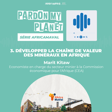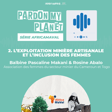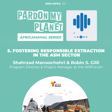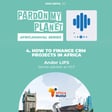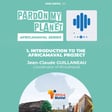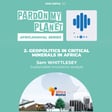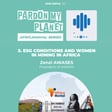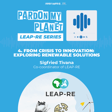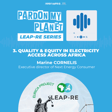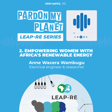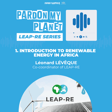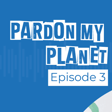
Les minéraux critiques, pourquoi et pour qui?
Invitée : Lika Scott Sow, fondatrice de Women in Mining Sénégal et membre d’AWIMA (African Women in Mining Association)
Le podcast Pardon My Planet présente sa première série en français, consacrée aux partenariats entre l’Afrique et l’Europe autour des matières premières critiques. À travers trois épisodes, cette série explore les enjeux de souveraineté, d’inclusion, et de développement durable dans le secteur minier africain.
À quoi sert le lithium, le cobalt ou les terres rares ? Pourquoi sont-ils qualifiés de « critiques » ? Cet épisode revient sur la dépendance européenne, les enjeux de souveraineté industrielle, et la nécessité de forger des partenariats équilibrés avec les pays africains producteurs. Il aborde aussi l’évolution des critères ESG qui redéfinissent les règles du jeu dans le secteur minier mondial.
Retrouvez plus d'informations sur lgi.earth/fr/podcast
